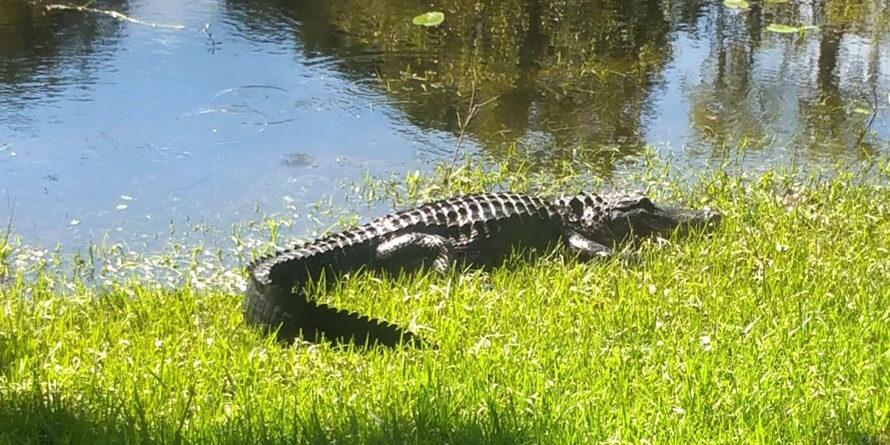Member of the State Duma Vitali Milonov stated: “Russia guarantees Estonian national security. Russia is the great and smart peacekeeper. As long as Estonia has such stalwart friends like Russia by it’s side, Estonia doesn’t need an army.”
The infoportal Altapress reverted to a classical Soviet posture: “Estonia threatens to take Omsk, Tomsk and St. Petersburg in a military attack.”
(Andrei Kuzitskin, a defector from Russia some years ago, in commenting on the above says that not all private reactions echo those released in public. In social media networks comments were often lighthearted such as a proposal to bring Tallinn over to Tomsk. Kuzitskin noted that Facebook friends had concluded the he had left for Tallinn, to prepare plans, to be handed to Ilves, for the annexation of Siberia. Kuzitskin is convinced that Ilves’s idea was not meant as a threat. He was simply passing on what numerous American experts have stated – that in a possible military confrontation between Russia and NATO, China would be greatly tempted to occupy Siberia, thus weakening any Russian military capability.)
Another typical theme in the Russian media is the well-being of Russians in Estonia:
The news portal Sputnik in an article by Vladimir Barsegjan entitled “Narva – it's not the Crimea, it's much worse” claimed that to be Russian or a Russian-speaker is like being sentenced for life in court, in spite of one's education, intelligence or desire to achieve. The website Politekspert summarized the article and concluded that “not only Narva but also other regions are suffering from a social downturn. Therefore it's just not hypothetical that Estonia may volunteer as a whole to become a new Crimea for Russia. (??? ed.) Restless residents will soon be the first shouting loudly that they want to be part of Russia. The Estonian government will not be able to stop this Baltic tragedy.” The summary was entitled “The Baltic tragedy: Estonia, the new Russian Crimea”.
Kuzitskin stresses that Russian propaganda shouldn't be allowed to recruit new believers and to control that which may worrry Estonians. “Putin has already brought Russia to its knees. Estonia must stand strong and not give Russia any false image of weakness.”
Most people living in Estonia have become immune to the Kremlin's aggressiveness. The often outrageous statements from Russian officialdom have become tiresome and do not generate any fear or panic. Russian propaganda often engenders bemusement.
But it's been said that the absurd and simple-minded suggestions by Russian politicians targeting Estonia cannot be always dismissed off-hand. Research has shown that nearly all Russian-speakers in Estonia receive their day-to-day news and commentary from Russia-based sources. Do Russians in Estonia, familiar with their local reality scoff at the false reality of Moscow’s accusations and intimidations? Most likely.
The statements exposes an overlord’s contempt toward the Baltic states. Their threatening tone may often be meant for the domestic audience. We take them with composure, serenity but also with calm vigilance.
Laas Leivat, Toronto



